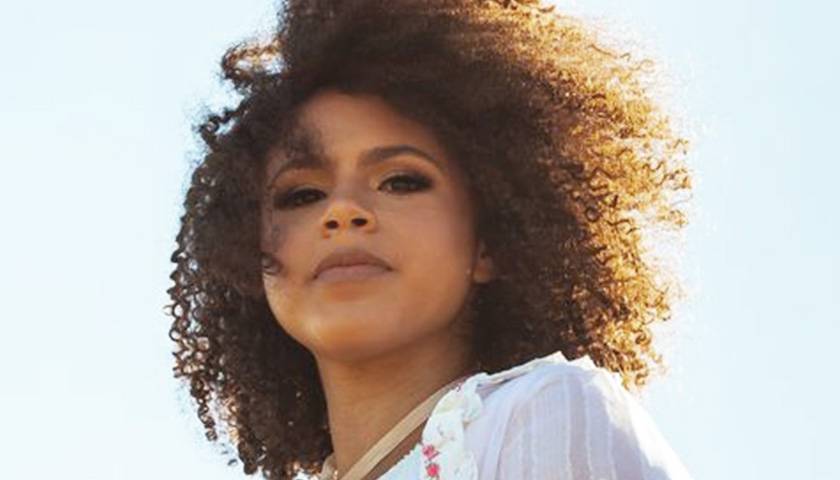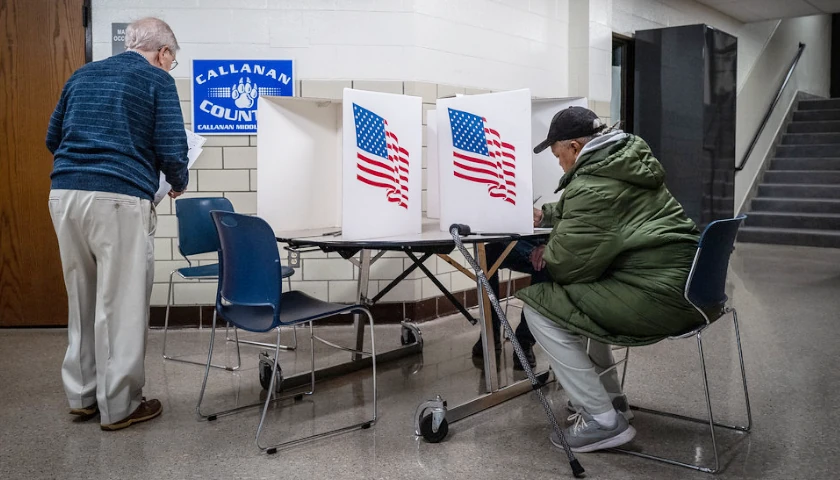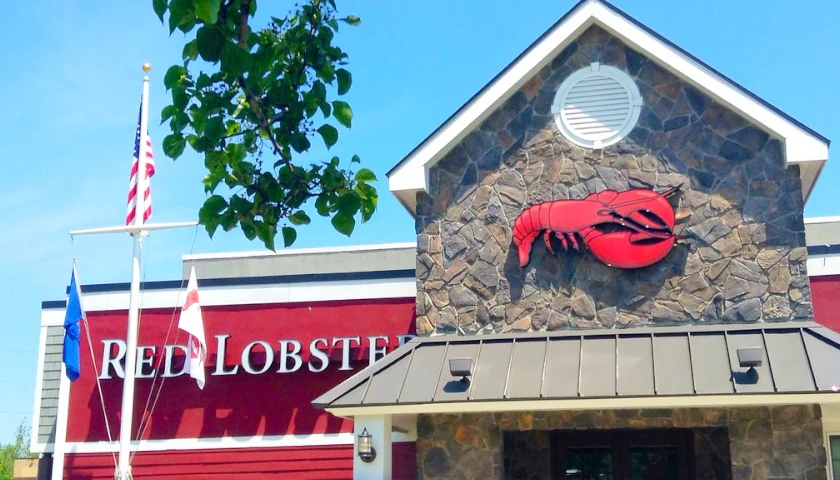NASHVILLE, Tennessee – The first time I saw Julie Williams perform with the Song Suffragettes at the Listening Room. I have featured many female singer-songwriters that I heard with the Song Suffragettes but there was something different about her. Williams was somehow a little bit more. I wanted to interview her then but never had the chance until I met up with her again at the celebration of the 2023 CMT Next Women of County in January.
Growing up in Florida, while both her parents loved music, neither was a performing artist. And while they were not musicians, they were avid fans. Williams is grateful to them for exposing her to the great variety of music that they did.
She remembered, “I was that kid who put on concerts in the living room for my parents. I started singing in church in the Christmas pageants and the church choir.”
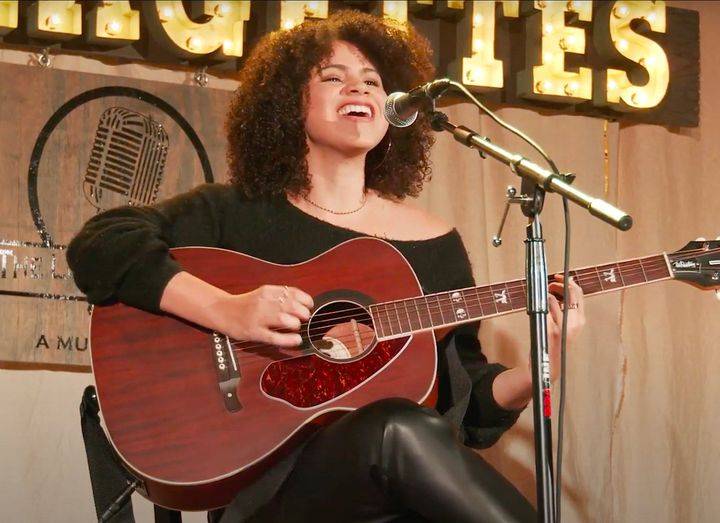 Around that time, her parents realized that she was actually “pretty good.” She started singing the National Anthem at games during middle school. At the time, Williams had a voice teacher and by high school, the now country artist studied classical voice.
Around that time, her parents realized that she was actually “pretty good.” She started singing the National Anthem at games during middle school. At the time, Williams had a voice teacher and by high school, the now country artist studied classical voice.
“It was the best thing for me to create that sound base of vocal health and strength. And although I no longer sing that way, I am grateful to my voice teacher for putting that foundation down for me,” she said.
She started taking guitar lessons during high school from the guitarist at church and they would later go on to form a band where they performed at beach bars, weddings, etc. in the Tampa Bay area. They played everything from Jimmy Buffet to the Eagles and Coldplay.
“That was a time when I dove into country music. Because there is nothing that people like to listen to more when they are sitting on the beach with a beer in their hand,” she confirmed.
When you speak with Williams, you know instantly that is very intelligent. She was a studious child who loved school. So, I was not surprised when I heard that she went to Duke University. But I didn’t expect her degree to be in public policy.
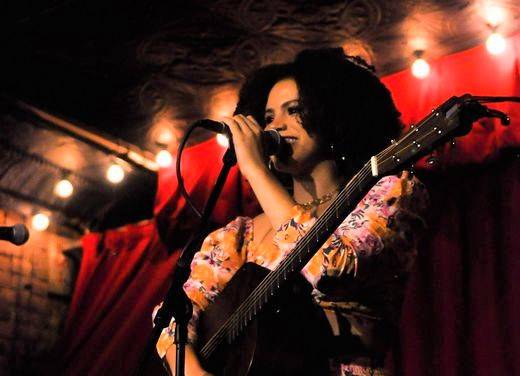 However, while studying public policy, she missed her music and her weekly gigs. She missed connecting with people.
However, while studying public policy, she missed her music and her weekly gigs. She missed connecting with people.
She was fortunate that Duke had a strong music program, including a jazz ensemble in which she performed. They also had a school record label with signed artists, management, producers, et cetera – just like regular labels. She tried out and got accepted and put out several songs under that label.
Nevertheless, the scholar always planned to go to law school and saw her time doing music at Duke as part of her “college passion project.”
As she neared graduation, she got the internship she wanted and moved to Washington, D.C., and got started in her new life.
She recalled, “The summer before I graduated, I was doing my internship in D.C., but I was also playing gigs every week. I had this gig in Georgetown. I would wait all week to play that gig. That was what I was most excited about.”
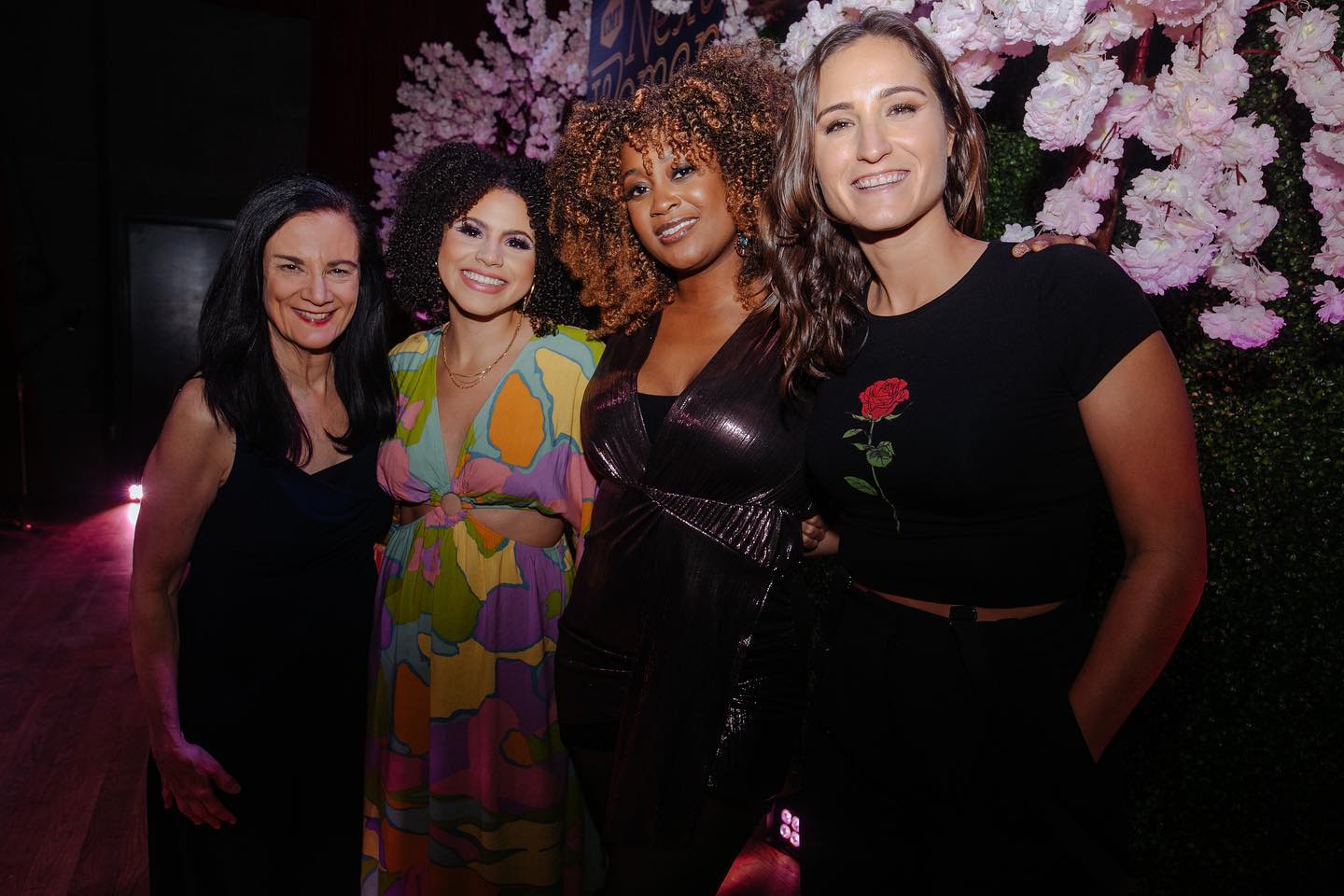 By the time she graduated, Williams knew if she didn’t “try this” she would regret it for the rest of her life. She knew it was time to give music her all even if she failed.
By the time she graduated, Williams knew if she didn’t “try this” she would regret it for the rest of her life. She knew it was time to give music her all even if she failed.
The songwriting community of Nashville compelled her to move in August 2019. She wanted to learn how to “capture that magic.” She worked as a nanny and tutor, soaking in everything she could from the songwriting pros.
When she started writing her own music, she wanted to “tell the stories that needed to be told.” Her songs spoke about everything she was: Black, white, Southern, a woman, hopeful, truthful.
“I always wanted to make an impact,” she confirmed.
Her first single as Williams, the artist, was a truthful and significant song called “Southern Curls.” It’s about accepting herself just the way she is.
She told me that she had been straightening her hair since she was 11 years old due to Erb’s Palsy that effects her right shoulder and arm. The chronic weakness makes it difficult to style her naturally curly hair. Over time, the constant exposure to chemicals were taking its toll, and so she decided to find a way to style her hair without all the treatments.
Williams participated in many writers’ rounds and learned that the songs that connect the most are the ones that tell your story.
“I had to figure out who I was before I could tell my story,” she said.
“I was often the only person of color at these rounds. I was around these beautiful, awesome women and I realized that I am never going to be like them. I need to stop trying. That wasn’t me.”
One of Williams’ mentors is Rissi Palmer. In 2007, Palmer debuted the single “Country Girl“, which made her the first African American woman to chart a country song since Dona Mason in 1987. Palmer gave Williams the courage and guidance she needed to pursue a music career full-time.
Vanderbilt’s Deanna Walker also provided her support and encouraged her to write “Southern Curls” and Todd Cassetty who is the longtime manager of the Song Suffragettes was supportive as well.
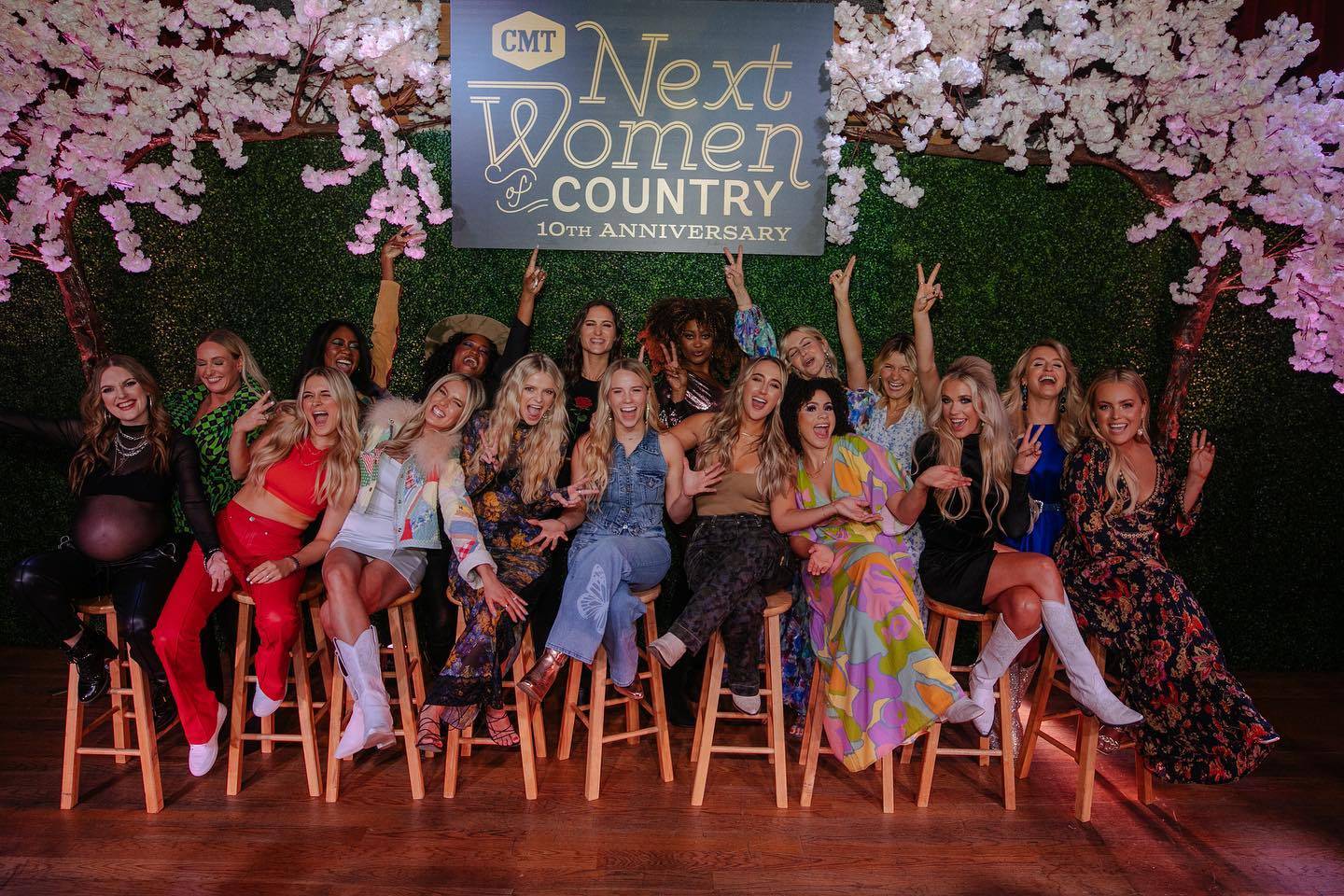
Several years later, Williams would meet Holly G of the Black Opry, which provided an even bigger platform on which to perform. The Black Opry highlights roots, Americana, and country music.
“This is something that black fans have been waiting for,” she stated.
“I’ve been very lucky in surrounding myself with people who have not only been accepting but celebrating what I want to do as an artist and what I want to be,” she said.
Williams is quick to clarify that being mixed offers her different opportunities that may not have been available had she been white or black only. “Just look at any cereal commercial,” she joked.
She has even written a song that is yet to be released called “Mixed Feelings” which will be the title track of an upcoming EP.
The first song off the EP, “Wrong Mr. Right” is a breakup song straight from Williams’ life. She expressed, “No other genre can do a breakup song like country music.” But this song is a little more elegant and thoughtful than many other country breakup tunes.
She continued, “It can be easy to villainize them to create this kind of justification for why it happened. This song was about somebody I loved and was with for over five years. I thought I would spend my whole life with this person. It simply didn’t work out. I wanted to write a song that was a testament to how much love there was and how much love there was when it ended. It was painful in a beautiful way.”
This year Williams was inducted in the CMT Next Women of Country Class of 2023 in January joining Kacey Musgraves, Margo Price, Brittney Spencer, Lainey Wilson, Lauren Alaina, Madeline Edwards, Maren Morris, Morgan Wade, and many other current and rising country artists.
You can follow Julie Williams on her website, Instagram, Facebook, Twitter, YouTube, TikTok, and all streaming platforms – you’ll be glad you did.
– – –
Bethany Bowman is a freelance entertainment writer. You can follow her blog, Instagram, and Twitter.

